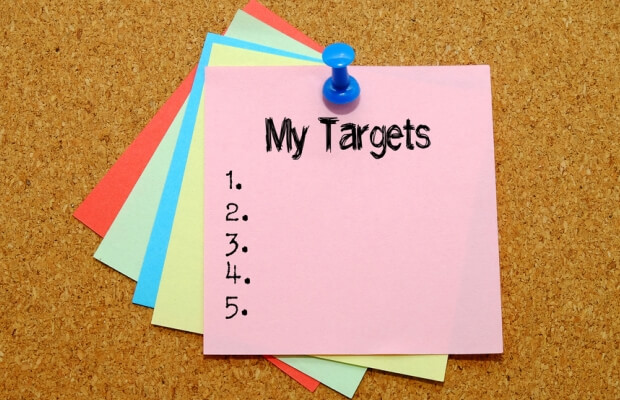Common resolutions are to lose weight, get fitter and eat more healthily, goals that are all great for your health and reducing your heart risk. But sadly, many resolutions fall by the wayside and not all of us manage to reach our goals. So how can we make our aims a reality?
Setting your goal
1. Base it on evidence
“Conflicting information on health can diminish our motivation,” says John Downey, Lecturer in Health and Exercise at St Mary’s University, Twickenham. He recommends that we focus on things that are proven to improve your heart health, such as increasing your fruit and vegetable intake, quitting smoking or walking more. “You can feel safe in the knowledge that sticking to these behaviours will help your health and wellbeing,” he says.
2. Use comparisons constructively
We naturally compare ourselves to others, often unfavourably, and this is easier than ever thanks to the internet, social media, and reality TV. Turn comparisons into something constructive. Notice the things that spark the most envy in you. Eve Menezes Cunningham, a BACP-accredited counsellor, says: “Ask yourself: ‘What does he or she have that I want?’ Think about how you could reprioritise and set goals to have more of that yourself.”
3. Focus on what you want
Remember to choose goals that are related to your priorities – for example, losing weight to improve your health or prepare for surgery. You’re more likely to achieve your aims if they really matter to you, so try to picture the ways in which they could make your life better.
4. Look for multiple benefits
“Pick behaviours that satisfy multiple things that are important to you,” John explains. “For example a walking group could help control your weight, improve your mood and get you outside and socialising.”
Measuring success
5. Make goals that are SMART
Once you’ve identified what you want, how do you make it into a goal? Good goals are SMART: specific, measurable, achievable, relevant and time-based. For example, if you want to lose weight, plan to lose a certain amount over a particular time period.
1 in 8 people reached their new year goal in 2015
Watch our SMART goals video:
6. Break it down
After creating a SMART goal that suits you, break it down into steps with markers for each successful step. If your goal is to build up to walking 10 miles, then your markers along the way could be walking half a mile, one mile, two miles and so on. It’s particularly important to make the first step achievable.

Staying on track
7. Rehearse potential barriers
Think about potential barriers and how to manage them, John suggests. “Life is not one-dimensional and there will be many pulls on your time and energy from all directions,” he says. “Have you thought about how to shield your goals during these times?” Rehearse the situations in your head and write down how to deal with them.
8. Look back at your achievements
Many jobs have performance reviews which help you develop by looking back at your achievements. Apply this logic to your personal life. Eve suggests writing a list of what you achieved in the past year, or the past few months. These could be anything: walking two miles, talking to your neighbours or trying new vegetables. “Read it regularly to remind yourself what you’re capable of,” she says.
9. Remind yourself
“When times get hard, remind yourself what you want to achieve, to cue your brain to resist temptation,” John advises. Stick a post-it note reminder where you’ll see it when you need a boost, or tell loved ones about your goal and ask them to support you.
10. Be kind to yourself
If you’re struggling, be compassionate with yourself and investigate to see what the problem is. “Most setbacks are a learning curve, so don’t beat yourself up,” says John. “When people don’t achieve a certain goal or target, that’s a high-risk time to fall back into old ways. A lapse doesn’t mean complete failure, so take the time to look back to see how far you have come and move forward.”
Over to you

We asked what your goals are, and how you stick to them. Here are some of your best tips:
- “Think of your goal as a project, like building a house. You can’t do it all in one go, so break it into milestones. It will feel much easier and you won’t have anxiety that comes when you can’t see the end.” Gareth White, via Facebook
- “If you’re recovering from heart problems, try to feel good about what you’ve achieved. Even if it takes an hour to walk a short distance you should still be pleased with your achievement." Jason Gutridge, Kent
- “If you fancy some chocolate, treat yourself to just one or two squares, then put it somewhere out of sight so you aren’t tempted to have all of it." Amy Corkery, London
- “A pedometer is a good way to measure progress. After my heart bypass I took it slowly and persevered. I built up from 100 steps, then 200, then 2,000. I now lead walks for my local walking group.” Alan Mann, Hull
Have you followed one of the tips in the article? Got any tips of your own? Email your thoughts and any photos for a chance to be featured in the next magazine.








